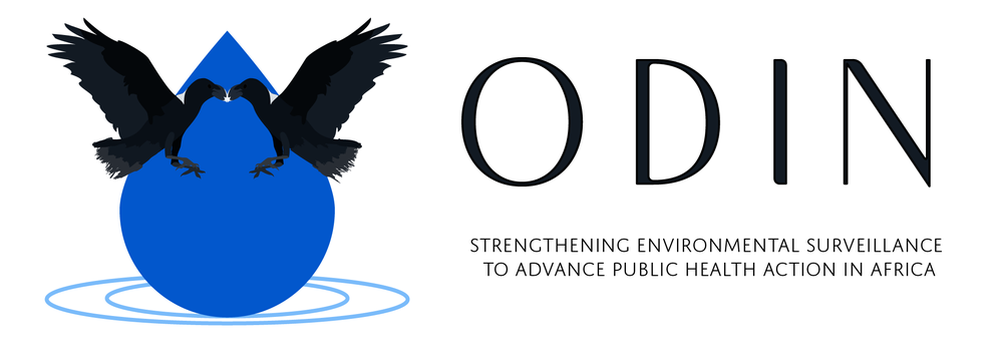
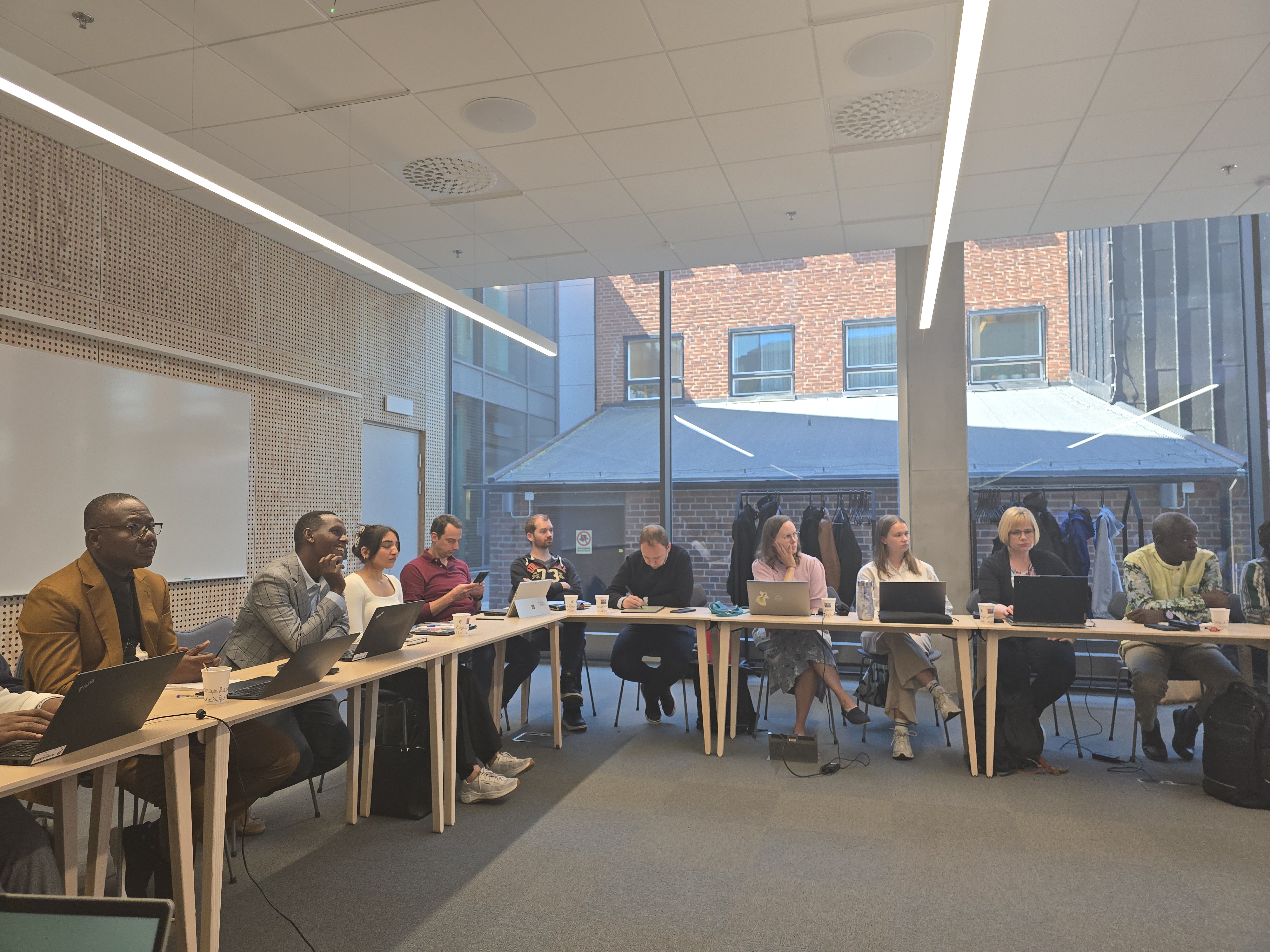
From 26 to 28 May 2025, the ODIN Consortium held its third Annual General Meeting (AGM) at Lund University, Sweden. The event brought together leading researchers, public health experts, and stakeholders from across Africa and Europe to assess the project’s progress and chart the path forward for strengthening environmental pathogen surveillance in sub-Saharan Africa.
The ODIN project, supported by Horizon Europe and Global Health EDCTP3, focuses on building sustainable genomic and environmental surveillance systems using mobile laboratories and sequencing technologies such as nanopore and Illumina. At the core of its mission is the commitment not only to detect pathogens early but to empower local institutions through capacity building, stakeholder engagement, and equitable knowledge sharing.
Key sessions at the AGM highlighted the progress made by each consortium member in areas including cost-effectiveness analysis, data management, bioinformatics training, and the integration of surveillance into public health systems. Special attention was given to the Mpox component, with updates on phylogenetic analysis pipelines and detection strategies in affected regions.
The meeting featured rich engagement with stakeholders from the Scientific and Policy Advisory Boards and organisations such as the Gates Foundation, WaterAid, Illumina, and the Water Research Commission. These experts praised ODIN’s potential as a scalable and sustainable public health platform, particularly in its ability to address gaps in disease preparedness across diverse African contexts. They urged the project to continue strengthening local ownership, advancing policy integration, and developing cost-effective models for long-term impact.
The AGM also provided a platform to solidify new partnerships, such as with the Nyanja Health Research Institute in Malawi, and to align efforts with other networks including the GenEpi initiative. As the meeting concluded, the consortium reaffirmed its commitment to high-quality science, inclusive collaboration, and the development of context-appropriate surveillance systems to enhance pandemic preparedness and support Sustainable Development Goals 3 and 6.
ODIN and ODIN-Mpox are not just surveillance projects, they are investments in resilient health systems and a safer, healthier future for all. Click below to download the AGM’s full report.
ODIN & ODIN-Mpox AGM 2025 + SAB-PAB report
Click to view photo highlights
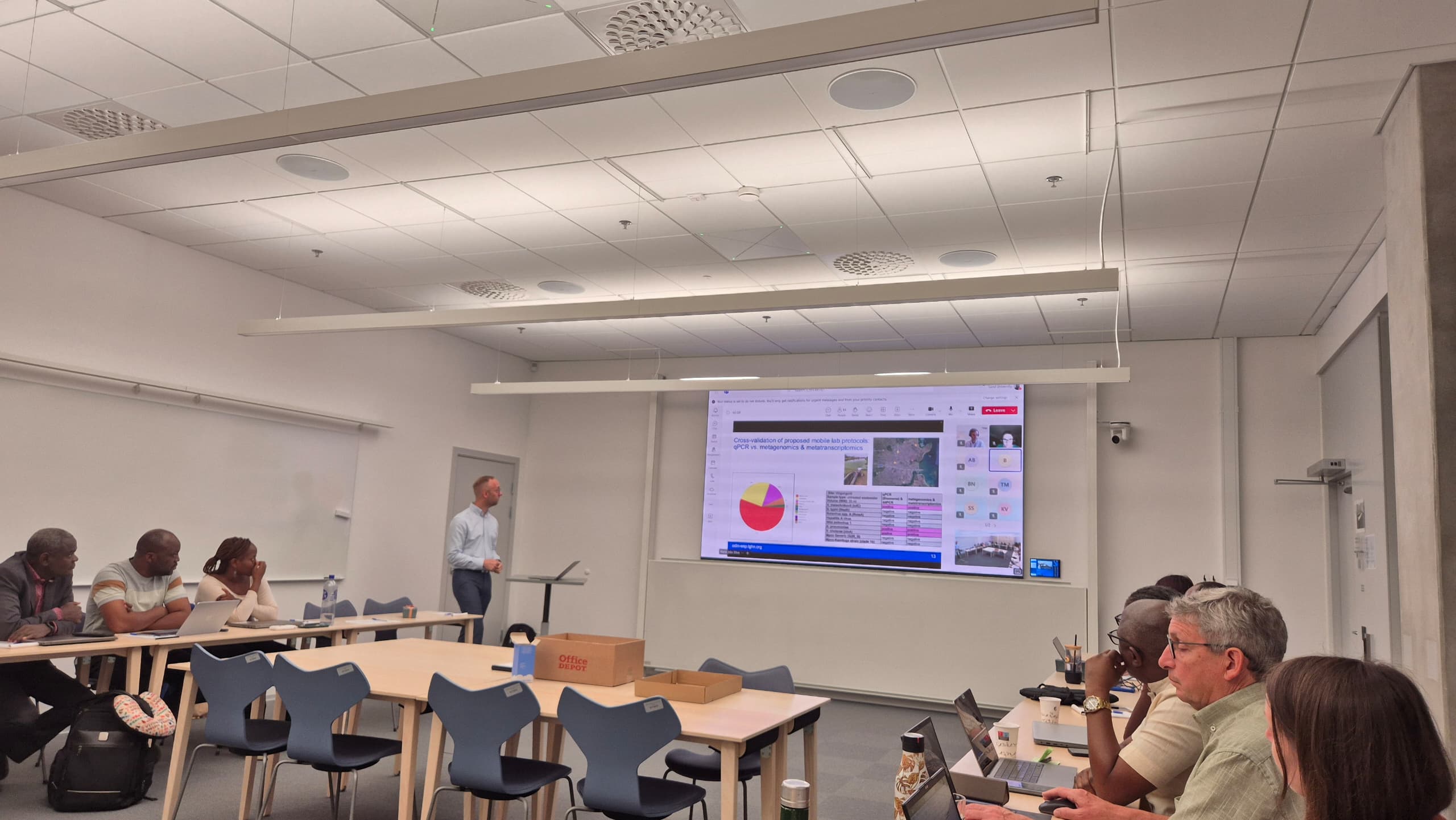 |
 |
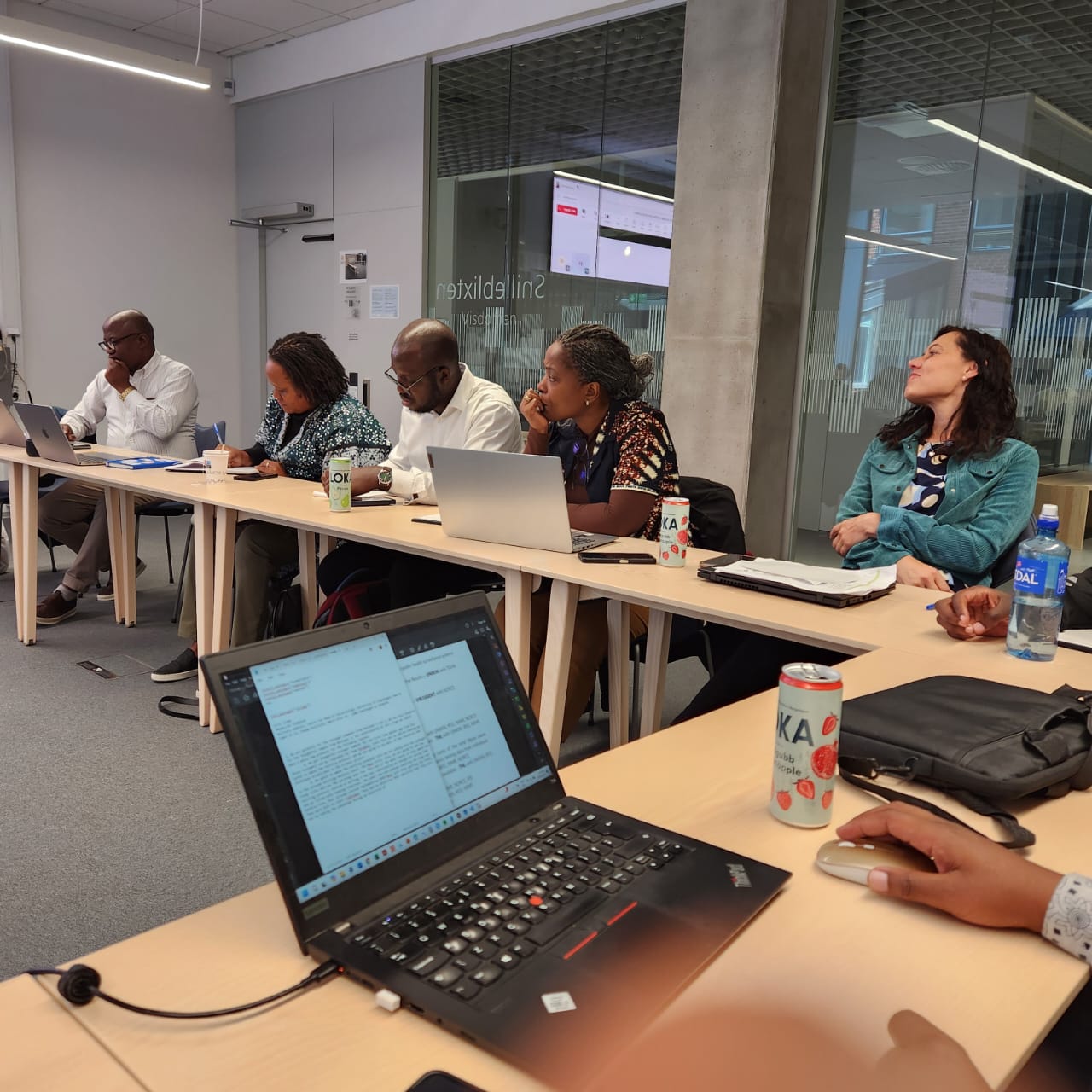 |
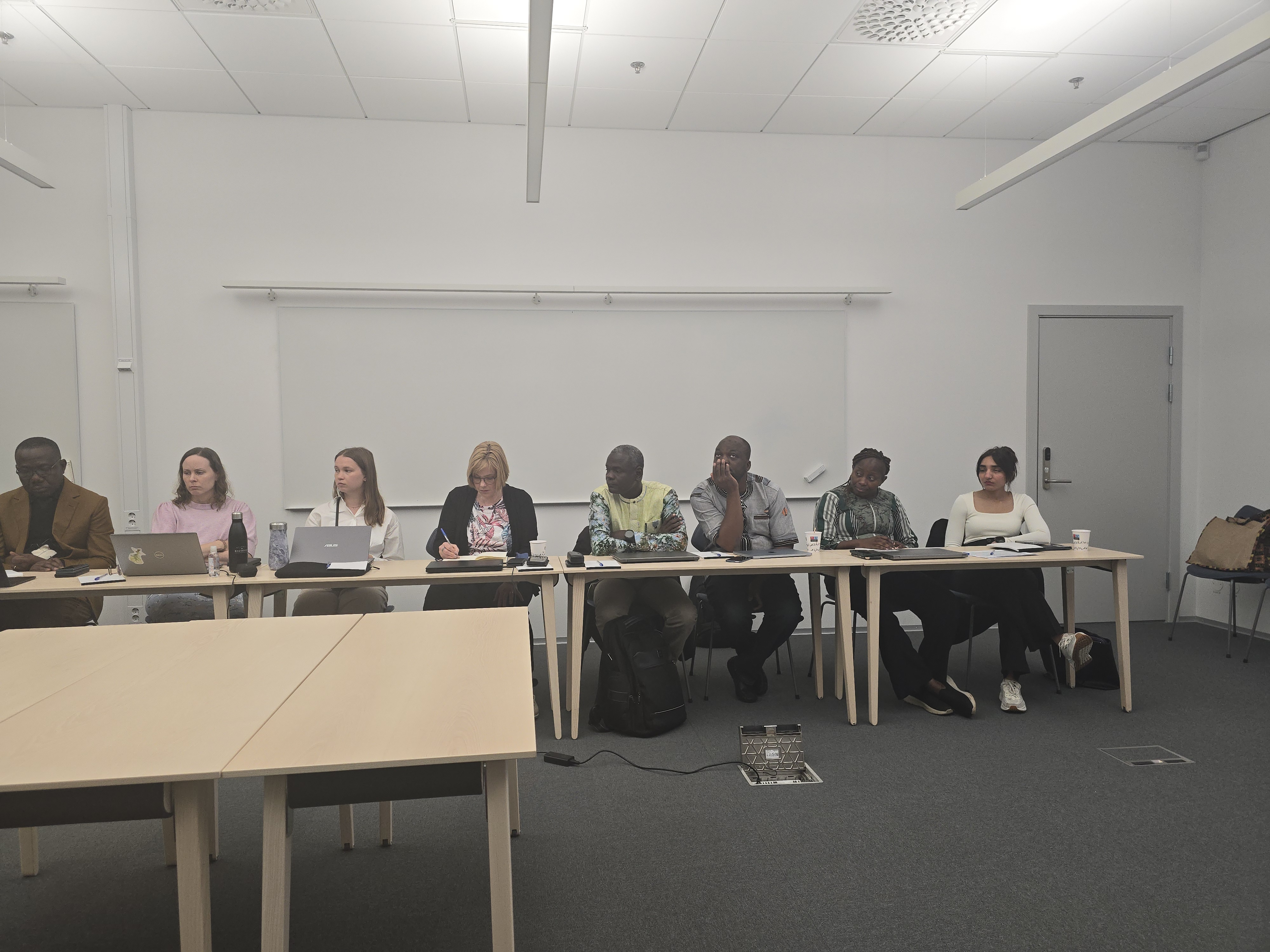 |
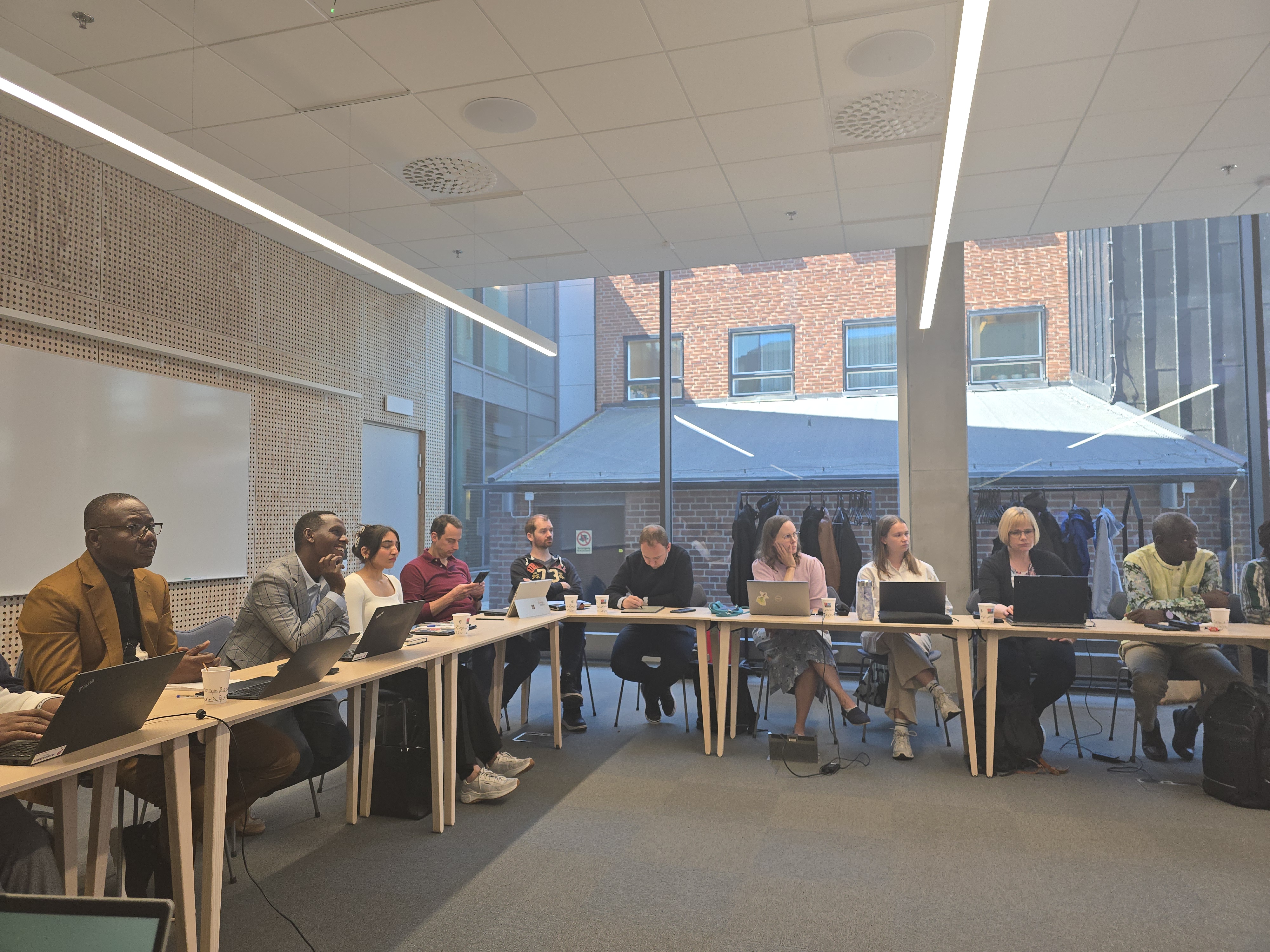 |
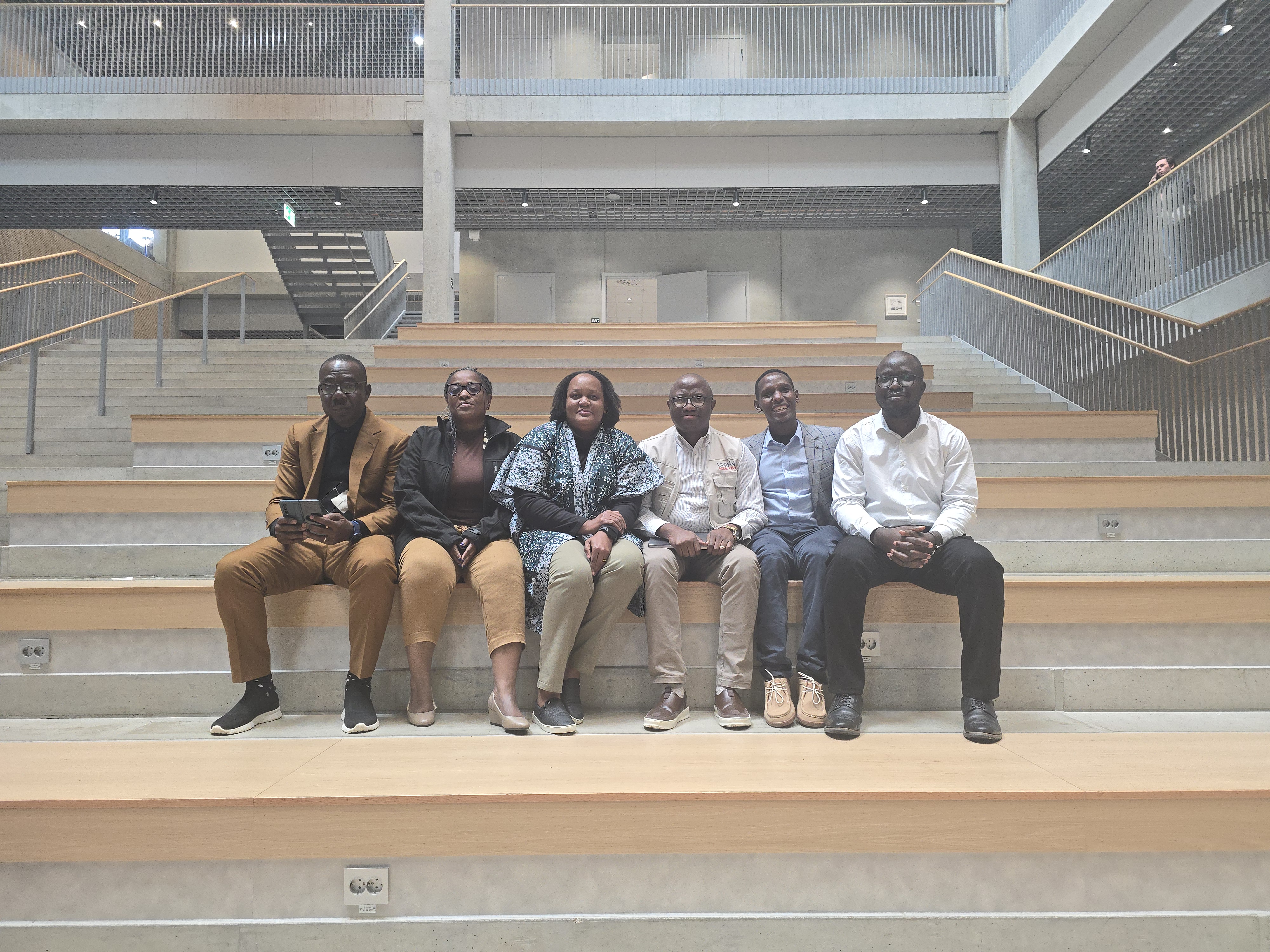 |
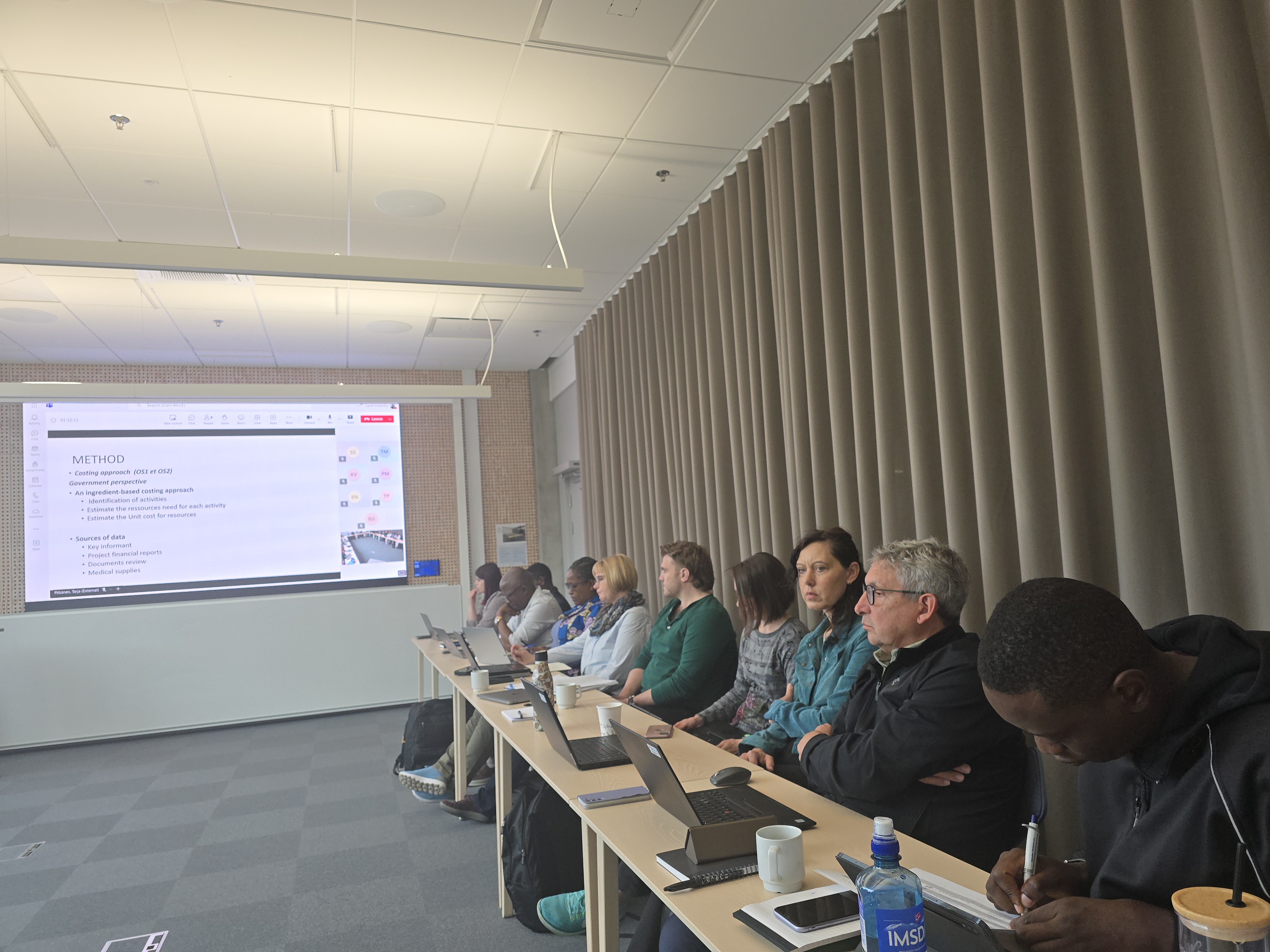 |
 |
 |
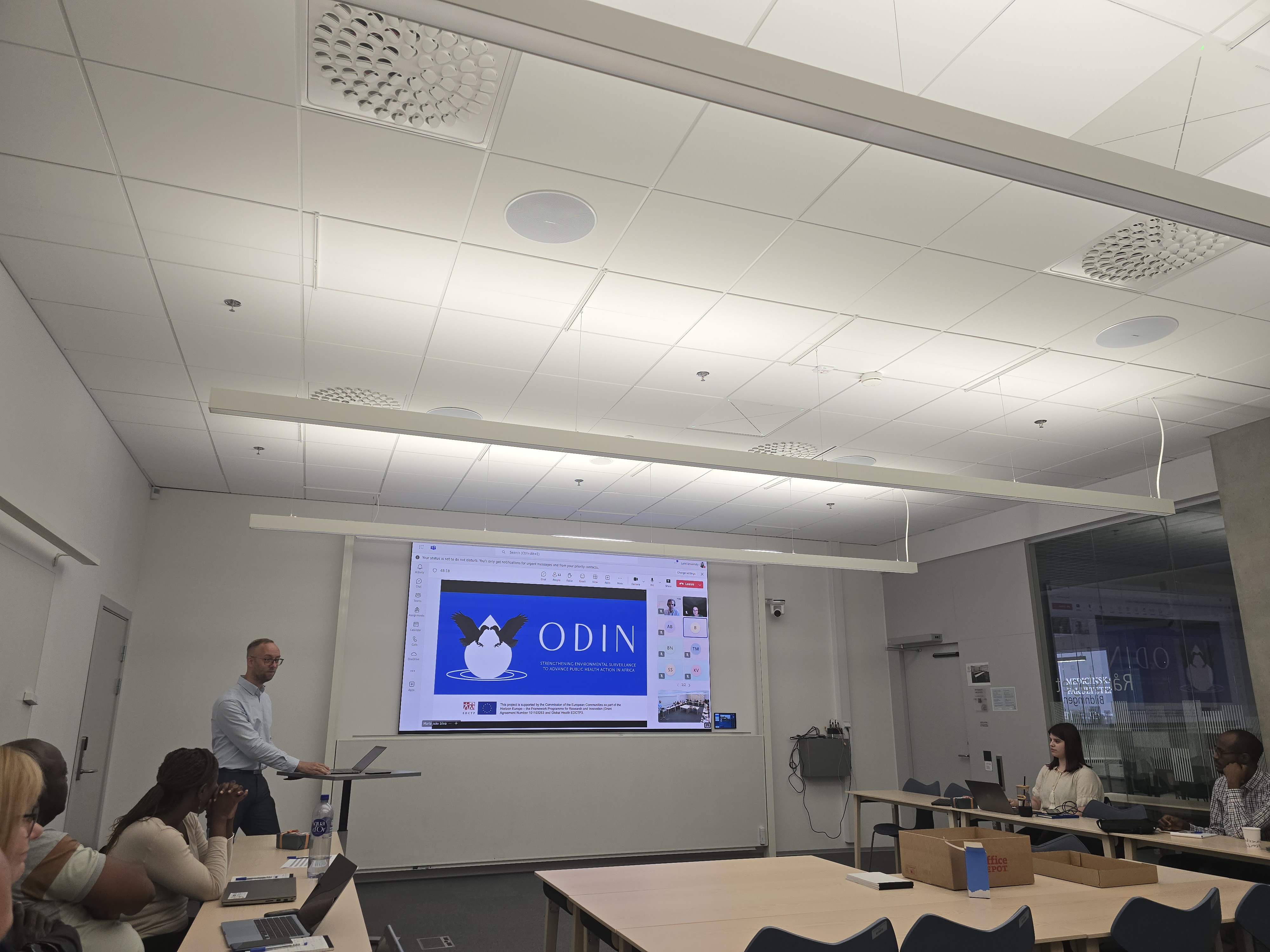 |
Also By
- 1er webinaire ODIN : le consortium partage ses connaissances sur les stratégies d'innovation, de résilience et de durabilité
- 1st ODIN Webinar: The Consortium Shares Insights on Innovation, Resilience, and Sustainability Strategies
- Projet ODIN de Surveillance des eaux usées : Campagne d'échantillonnage terminée
Please Sign in (or Register) to view further.